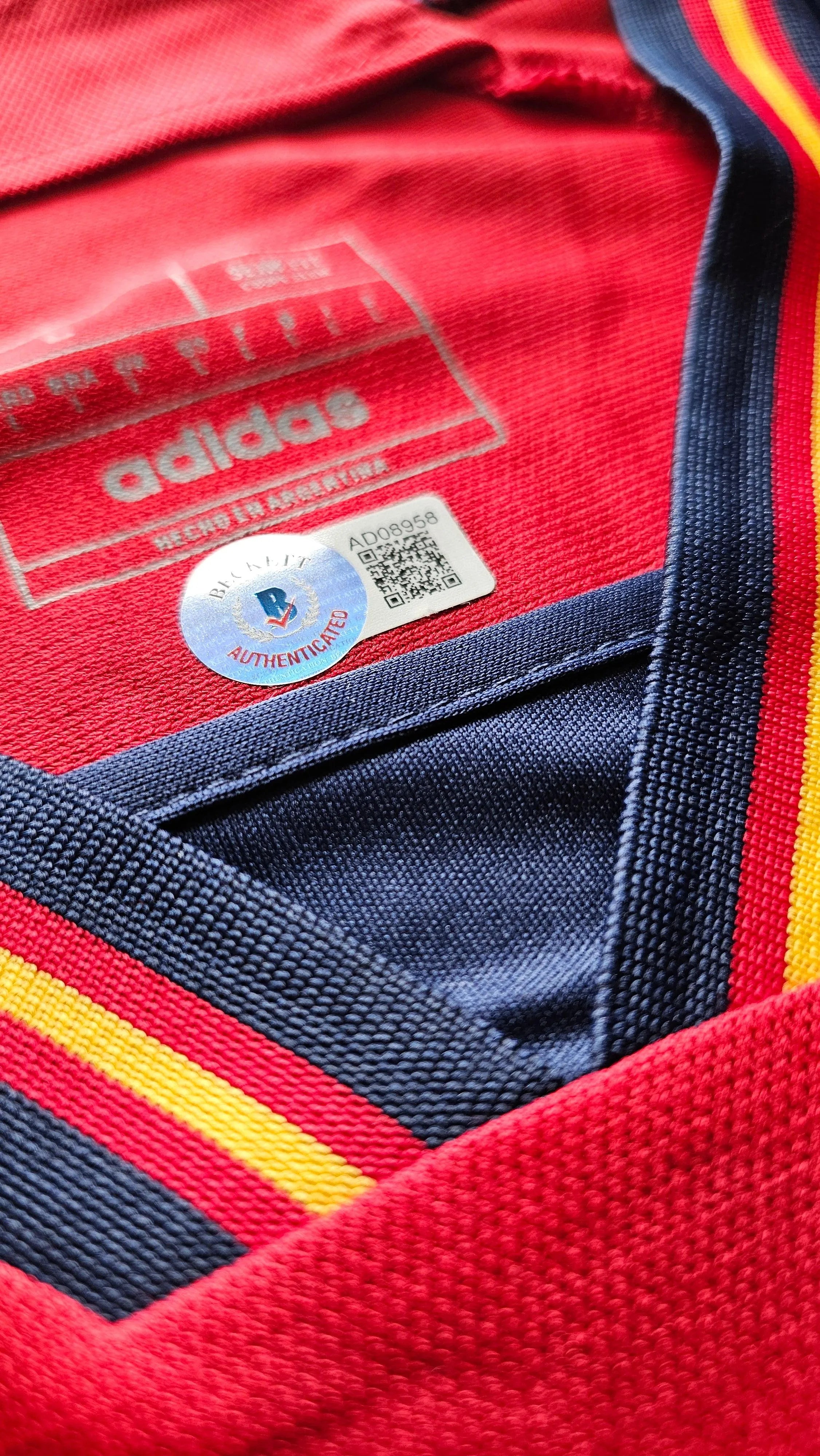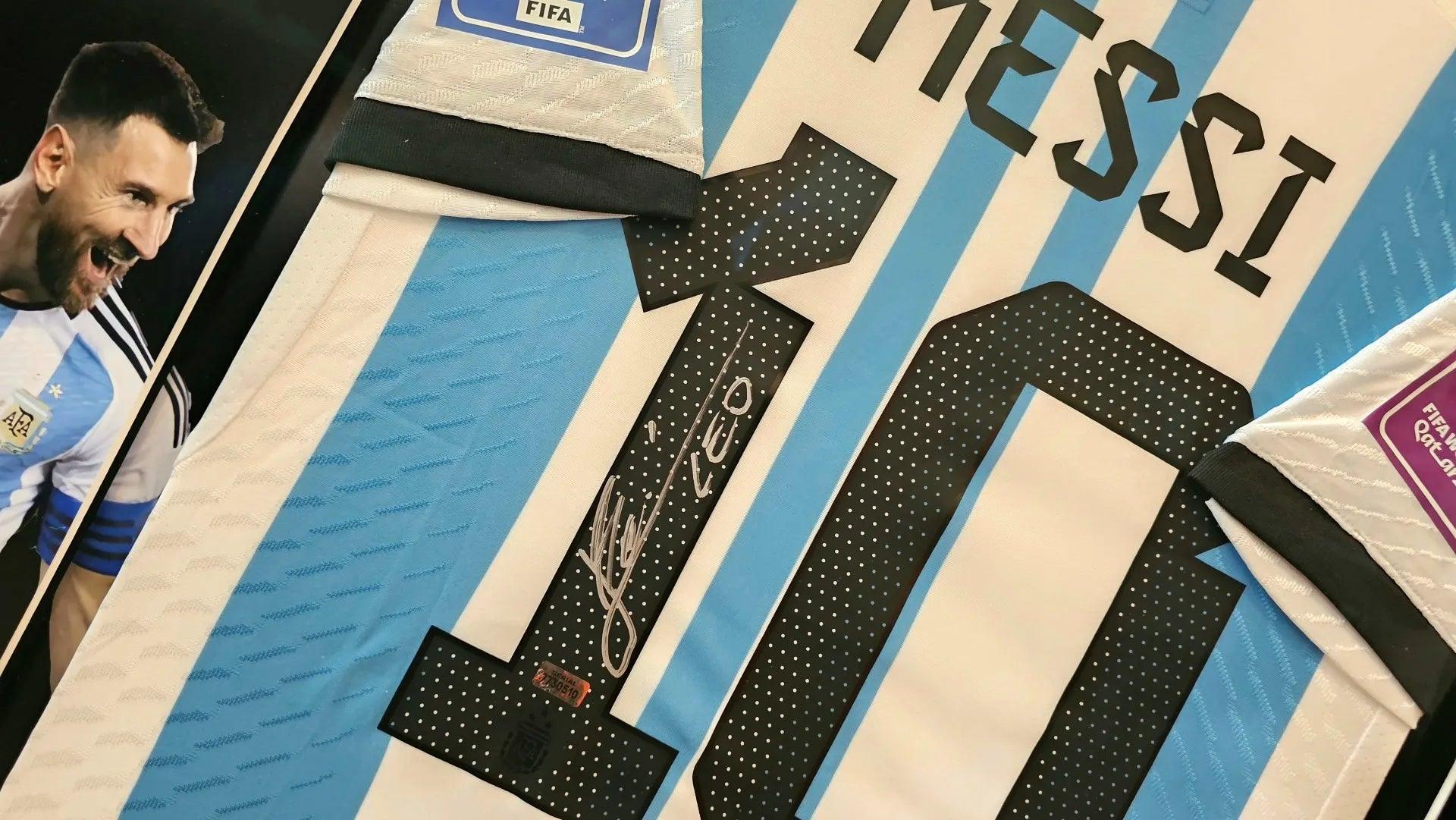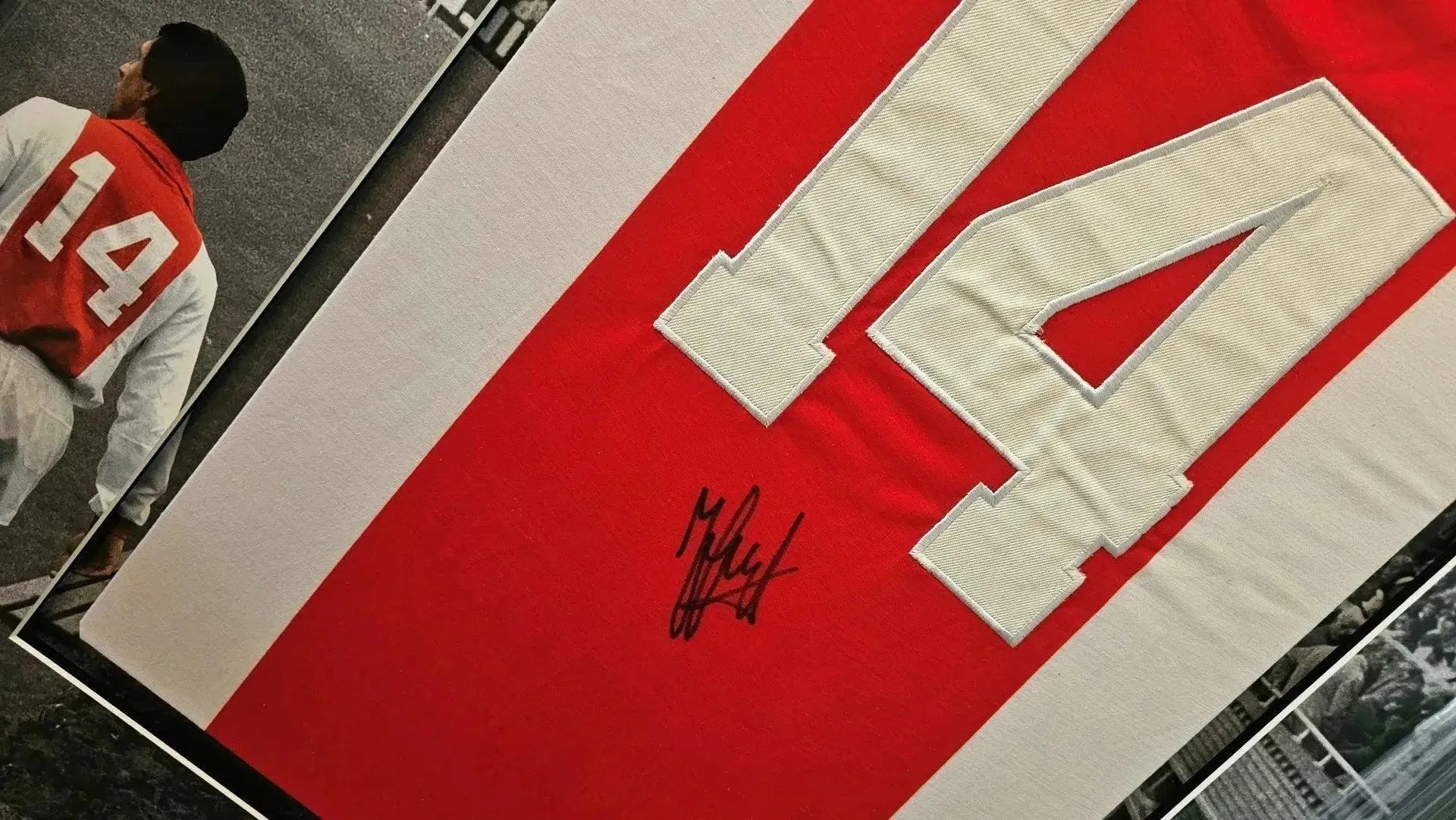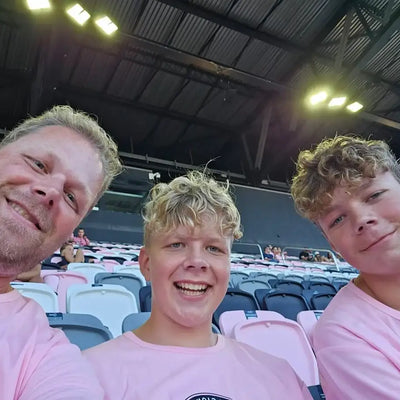Reports this week suggest Lamine Yamal will limit casual autographs and steer signatures into controlled sessions. That mirrors a US pattern where partners manage supply, pricing and distribution. I see upsides and downsides. Scarcity lifts values and channels proof into documented releases. It also pushes more demand into a smaller funnel, which can fuel forgeries and put distance between stars and everyday fans. Match-worn provenance is already becoming data led via NFC, while off-pitch signings are handled by specialist partners. At Walkouts we neither cheer nor condemn this shift; we care that data, context and provenance are locked in for buyers.
What’s changing
Clubs and talent teams are formalising access to signatures. Instead of spontaneous signing outside training grounds, supply moves to scheduled sessions and platform drops. In football that often means dedicated memorabilia partners; in match-worn, platforms embed NFC to track identity and match context. The aim is predictable supply, value retention, and fewer grey-market leaks. For collectors it means fewer free moments, clearer paperwork on official items, and a sharper divide between documented releases and everything else. Expect more top players to follow, especially those with global demand.
Impact on players, collectors and fans
Players: clearer boundaries and fewer daily requests once “no free autographs” becomes common knowledge.
Collectors: official items gain stronger provenance and premium pricing; unverified signatures attract more opportunists.
Fans: access narrows. Not everyone can spend hundreds on a signed Football Shirt, and that widens the gap between stardom and supporters. The centre of gravity moves from spontaneity to commerce, which is efficient for logistics but changes the ritual of meeting a hero.
US precedent
Look at basketball, where star exclusivity has been normal for years. LeBron James moved from a long relationship with one brand to a new exclusive partner, concentrating authentic supply into specific channels. The effect is predictable: clear provenance, premium pricing, and far fewer “caught in the wild” signatures that hold market confidence. Football’s elite will increasingly play by the same rules as demand globalises.
Where data helps
When supply tightens the answer is not blind faith, it is better records. For match-worn shirts, NFC certificates now link an item to match context. For off-pitch signings, documented sessions and consistent paperwork matter, but so does how you store it. At Walkouts we archive the evidence set and keep shirt version, dates, and proof together so buyers can review context later. If you enjoy the market stories and want our practical guides, browse Collecting and the Knowledge Base.
Paul de Metter, Founder of Walkouts: Exclusivity is not good or bad by itself; collectors win when provenance is clear and the story is preserved.
Frequently Asked Questions
To set boundaries, reduce crowding, and route signatures into scheduled sessions that can be managed and documented.
Supply shifts to official partners, documented items gain premiums, and casual signatures become scarce.
Prices usually rise for high-demand players as supply is centralised and quantities are capped.
Scarcity can fuel counterfeits, so prefer documented releases and data-led provenance for protection.
We lock in provenance and store the evidence set for off-pitch signings while highlighting NFC-backed match-worn shirts.







